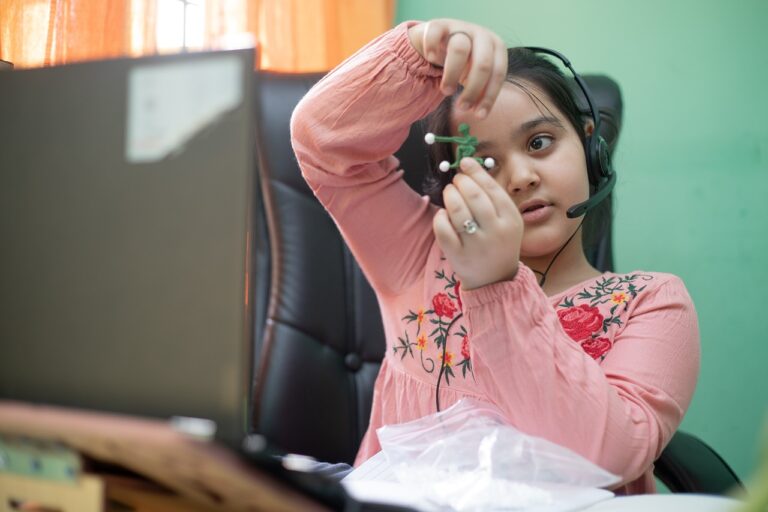Education and Sustainable Development: Fostering Community Resilience
Education plays a crucial role in shaping individuals’ attitudes and behaviors towards environmental conservation. Through formal education, individuals gain the knowledge and awareness needed to understand the impact of human activities on the environment. By integrating environmental topics into school curricula, students are equipped with the necessary tools to make informed decisions that contribute to protecting and preserving the environment.
Furthermore, education serves as a catalyst for fostering a sense of responsibility and stewardship towards the natural world. By instilling a culture of sustainability and environmental consciousness in students from a young age, education empowers individuals to take action towards sustainable practices and conservation efforts. Through education, individuals are encouraged to reflect on their ecological footprint and strive towards minimizing their impact on the environment, ultimately leading to a more environmentally-conscious society.
The Role of Schools in Promoting Sustainable Practices
One way that schools can contribute to promoting sustainable practices is by integrating environmental education into their curriculum. By incorporating topics such as climate change, biodiversity, and waste management into various subjects, students can develop a deeper understanding of the importance of sustainability. This holistic approach to education not only raises awareness but also equips students with the knowledge and skills needed to make informed decisions that benefit the environment.
Furthermore, schools can serve as role models for sustainable practices by implementing green initiatives within their own facilities. Setting up recycling programs, reducing energy consumption, and using eco-friendly materials are just a few ways that schools can demonstrate their commitment to environmental conservation. By walking the talk, educational institutions can inspire students to adopt sustainable behaviors both at school and in their communities.
Empowering Students to Drive Community Resilience Initiatives
Schools play a crucial role in equipping students with the knowledge and skills needed to lead community resilience initiatives. By integrating environmental education into the curriculum, students can develop a deep understanding of the interconnectedness between their actions and the well-being of their communities. Empowering students to drive these initiatives fosters a sense of ownership and responsibility, prompting them to take concrete actions towards building a more sustainable future.
Through hands-on projects and experiential learning opportunities, students can actively engage in creating positive change within their communities. By encouraging collaboration and fostering a sense of collective responsibility, schools can inspire students to become agents of change in promoting sustainable practices and environmental conservation. Empowering students to drive community resilience initiatives not only benefits the environment but also cultivates a sense of empowerment and agency among young individuals.
– By integrating environmental education into the curriculum, students can develop a deep understanding of interconnectedness
– Empowering students fosters a sense of ownership and responsibility
– Hands-on projects and experiential learning opportunities allow students to actively engage in creating positive change
– Collaboration and collective responsibility inspire students to become agents of change
– Benefits include promoting sustainable practices, environmental conservation, empowerment, and agency among young individuals
How can education contribute to environmental conservation efforts?
Education plays a crucial role in raising awareness about environmental issues, promoting sustainable practices, and empowering individuals to take action to protect the environment.
What are some examples of sustainable practices that schools can promote?
Schools can promote waste reduction, energy conservation, water conservation, recycling programs, sustainable transportation options, and the use of renewable energy sources.
How can students be empowered to drive community resilience initiatives?
Students can be empowered through education, hands-on experiences, leadership opportunities, and collaboration with community stakeholders to drive community resilience initiatives such as disaster preparedness, climate change adaptation, and environmental conservation projects.
What benefits can arise from empowering students to drive community resilience initiatives?
Empowering students to drive community resilience initiatives can lead to increased awareness, engagement, and action towards building more sustainable and resilient communities. It can also foster leadership skills, teamwork, and a sense of ownership and responsibility for the well-being of their communities.







